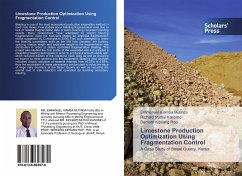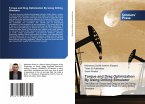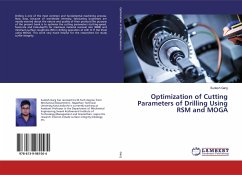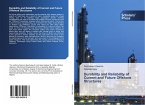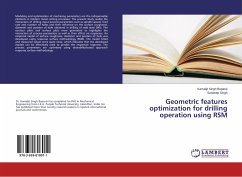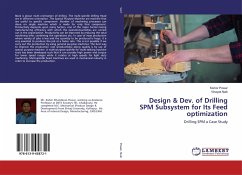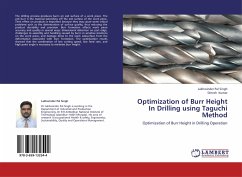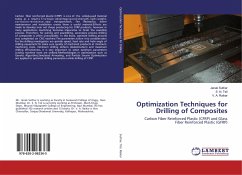Blasting is one of the most economical production excavation method in hard rock mines. Few studies about blasting fragmentation exist due to lack of reliable fragmentation data or even obtaining consistent blasting results. Many researchers have attempted to predict blasting fragmentation using the Kuz-rams Model, an empirical fragmentation model suggested by Cunningham (2005).This work attempted to relate the blasting parameters such as the drill hole diameter, the burden, spacing, charge length and explosive weight to the fragmentation size distribution in order to obtain controlled fragmentation blasting. The project also studied the final profile of the excavated wall and adopted a prespliting blasting techniques in order to produce a smooth stable wall, which reduced dilution of the limestone muck piles as well as ensuring no injuries to mine workers and the equipment. Blasting data analysis indicated drastic reduction of material retained from 16.25% to 0.65%, thus the application of these parameters can be used to solve the issue of large risky boulders at the Bissel Quarry as well as reducing the overall cost in size reduction unit operation by avoiding secondary blasting.
Bitte wählen Sie Ihr Anliegen aus.
Rechnungen
Retourenschein anfordern
Bestellstatus
Storno

